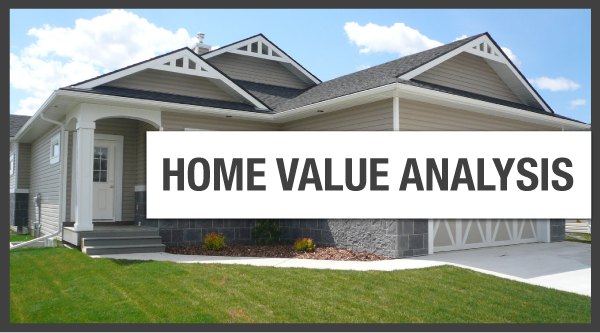How Much Rent Can You Afford?
The oft-noted rule of thumb is that you should try to stick with spending a maximum of 30 percent of your income on rent. However, that rule of thumb rarely indicates whether or not that should be gross income, or net income after taxes, or if related housing expenses like utilities should be included in that 30 percent.
The reality is that how much you should spend on rent really depends on a lot of factors that are personal to the renter. And unfortunately, in many cities spending only 30 percent of your income on housing is just a pipe dream.
So how much should you spend?
The best way to determine how much you can spend on rent is to evaluate how much money you have coming in each month, and how much you have going out.
Suppose you earn $4,000 per month gross income, and your net paycheck after social security, unemployment insurance, and tax withholdings leaves you $2,800 per month in the bank.
Now subtract your car payment, gas and insurance costs, credit card payments, school loan payments, cell phone costs, gym membership, food, utilities costs, and some amount for entertainment, dates, clothing, and any and everything else you typically spend money on each month.
Now, how much is left over?
Optimally, some portion of the money left over should go into an investment account each month — even if it is only $25. (If you’re saving money at work via a 401(k) plan, that could mitigate the need to have extra money left each month to invest.)
If you have $1,800 per month left after subtracting all your expenses, then you should try to spend $1,400 or less on rent so you can save $400 per month. If you have $1,400 left over, then you can spend $1,000 on rent so you have money left over to invest.
A rental affordability calculator can help you determine what you can spend in a specific area.
Living within your means
Doing a budget might be an eye opener. You could find that you’re spending too much on coffee, dining out, or hobbies. If you spend more than you earn, your credit card balances will increase, and that can be very bad for your personal finances. You might want to work more hours to increase your income, cut spending, or get a bailout — whatever it takes to pay off the debt.
If you’re one of the lucky ones with no car payment, credit card debt, or school loan payments, and you make significantly more than you earn each month, that doesn’t mean you should spend whatever is left on rent. Try to live within your tastes and desires, while saving as much money as possible for your future and buying a home.
Spending 30 percent of your income on rent is a nice feel-good number, but it may not be feasible. The truth is, you need to look at your own personal income, spending habits and debts to get a picture of what you can afford. Make sure what you can “afford” is calculated after all your expenses and most importantly after you are socking away some money for your future.
Related:
- Rents Are Up, and Not Where You Might Expect
- Is Paying Rent in Advance a Good Idea?
- Old vs. New Apartments: The Renters’ Dilemma
Note: The views and opinions expressed in this article are those of the author and do not necessarily reflect the opinion or position of Zillow.
Powered by WPeMatico
|
Want To Learn More?
|

|
|
Chat with us!
|
|
Want To Learn More?
|

|
|
Chat with us!
|







